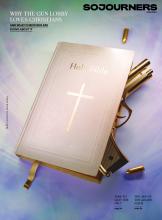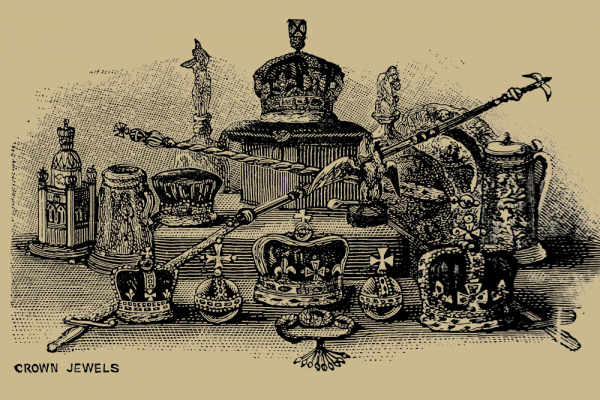RISHI SUNAK'S ASCENSION in October as British prime minister sparked celebration among some as he became the United Kingdom’s first nonwhite and non-Christian leader. Yet, this evolution comes with some awkwardness. The Church of England is an “established” church in which both monarchy and government play official roles. Sunak’s religious identity remains irrelevant for leading Parliament, but his status as a practicing Hindu would seem to impinge on his ability to discern which Anglican priests are best suited for leadership roles within the church hierarchy.
Raising this concern is not an argument that all prime ministers must be Christian — the U.K. rightly has no religious test for the role, as Sunak’s elevation demonstrates. But his ascension reveals a problem with not fully separating church and state. The Church of England now finds itself with a non-Christian in the ecclesial hierarchy. The roles of the monarch and prime minister in church affairs are in modern times more ceremonial than substantive, but Sunak reveals the problem with the entanglement both in principle and in practice.
Read the Full Article

